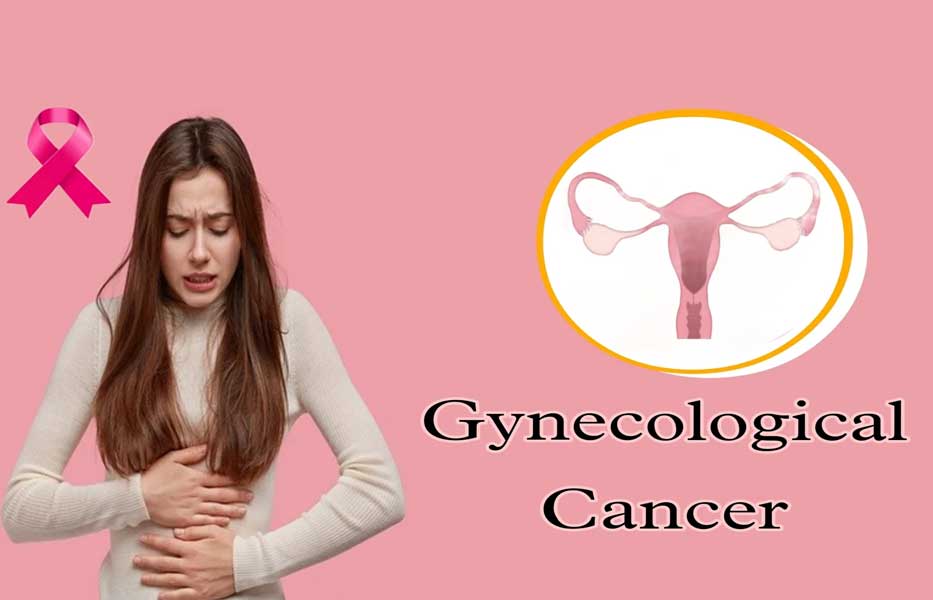
Gynecological cancers refer to a group of cancers that originate in the female reproductive system. Understanding the types, risk factors, symptoms, and available preventive measures is essential for women's health. Here's an overview:
Types of Gynecological Cancers:
Cervical Cancer:
-
Originates in the cervix, the lower part of the uterus.
-
Often linked to persistent human papillomavirus (HPV) infection.
-
Regular Pap smears are crucial for early detection.
Ovarian Cancer:
-
Develops in the ovaries, the organs producing eggs and hormones.
-
Often asymptomatic in early stages, leading to late detection.
-
Genetic factors and family history may contribute to risk.
Uterine (Endometrial) Cancer:
- Arises in the lining of the uterus (endometrium).
- Hormonal imbalances, obesity, and estrogen-related factors may increase risk.
- Abnormal uterine bleeding is a common symptom.
Vaginal Cancer:
- Rare cancer affecting the vaginal lining.
- Associated with age, HPV infection, and a history of cervical cancer.
- Symptoms may include abnormal vaginal bleeding or discharge.
Vulvar Cancer:
- Affects the external genital area (vulva).
- Linked to chronic skin conditions, HPV, or precancerous changes.
- Symptoms include itching, pain, or changes in skin color.
Risk Factors:
- Age: The risk of gynecological cancers increases with age.
- Genetics: Family history of certain cancers may elevate risk.
- Hormonal Factors: Hormonal imbalances, early menstruation, late menopause.
- HPV Infection: Persistent infection with certain HPV types.
- Obesity: Linked to an increased risk of uterine and ovarian cancers.
Prevention and Early Detection:
- Vaccination: HPV vaccination for prevention against cervical and other HPV-related cancers.
- Screening Tests: Regular Pap smears and HPV tests for cervical cancer screening.
- Genetic Counseling: Especially for those with a family history of gynecological cancers.
- Healthy Lifestyle: Maintaining a healthy weight, regular exercise, and a balanced diet.
Symptoms:
- Abnormal Vaginal Bleeding: Unexplained bleeding between periods, after menopause, or post-sex.
- Pelvic Pain: Persistent pelvic pain not associated with menstrual cycles.
- Changes in Bowel or Bladder Habits: Altered patterns that persist.
Treatment:
Treatment options vary based on cancer type, stage, and individual factors:
- Surgery: Removal of the cancerous tissue.
- Chemotherapy: Medications to destroy or control cancer cells.
- Radiation Therapy: Targeted radiation to eliminate cancer cells.
- Hormone Therapy: Blocking hormones that fuel certain types of cancer.
Conclusion:
Gynecological cancers necessitate awareness, early detection, and proactive health management. Regular screenings, vaccinations, and lifestyle choices play key roles in prevention. Women are encouraged to maintain open communication with healthcare providers, undergo recommended screenings, and seek prompt medical attention for any concerning symptoms.

